More than 400 Hancock County dogs and cats got a new chance to find quality homes in the North last year, thanks to a lot of determined volunteers and an ingenious transport program.
- story by LB Kovac
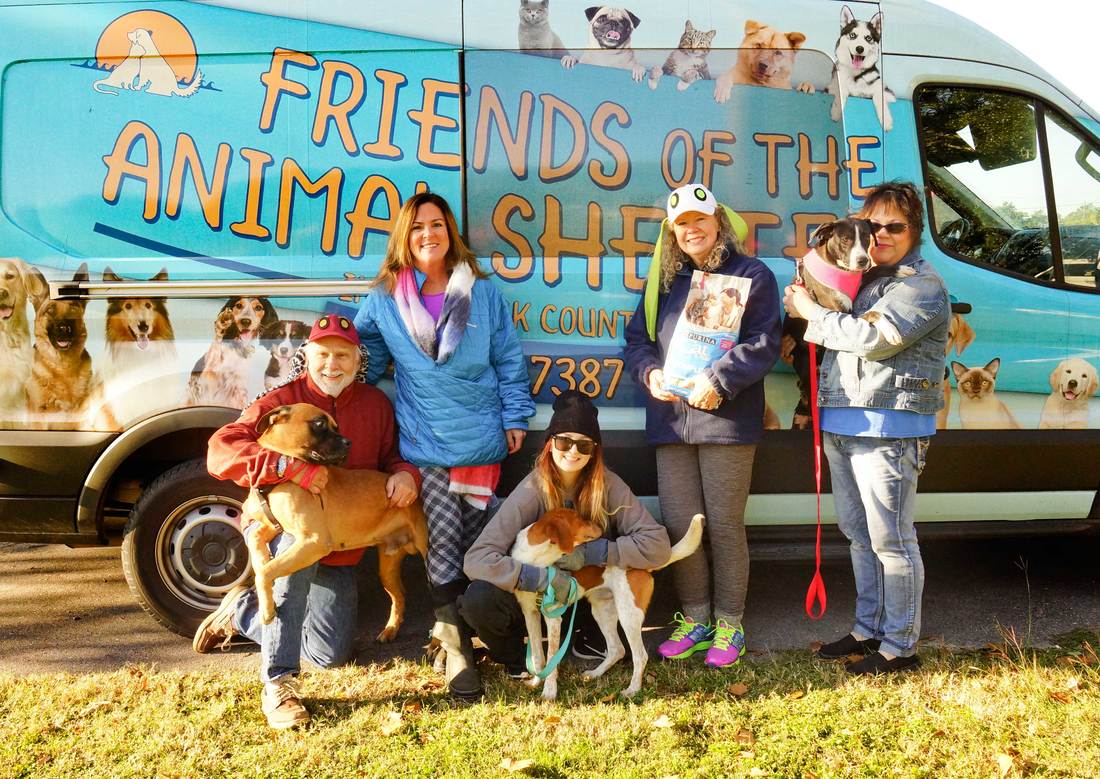
Volunteers at the 2017 Turkey Trot run, a Thanksgiving Day benefit for Friends of the Animal Shelter. LtoR: Left to right: Billy Rappold (transport driver/Friends interim President), Helene Johnson (Turkey Trot organizer), unnamed volunteer, Penne Rappold (Friends treasurer), and Denise Hines, holding dog.
Denise Hines is a volunteer with Friends of the Animal Shelter, a non-profit organization that supports the Hancock County animal shelter. The group focuses much energy on public awareness and raising money for free spay-neuter vouchers to reduce the number of throw-away pets.
Friends volunteer work ranges from spreading the word about adoptable pets on social media, to playing foster parent to new puppies, to simply playing a round of fetch with a bored dog. Hines also drives the van.
Friends of the Animal Shelter partners with Animal Rescue Front, Inc., or ARF, a Massachusetts-based organization that pairs full shelters in the South with emptier ones in the North. It helps overcrowded shelters like Hancock County's transport dogs and cats to shelters where there is a 100% adoption rate.
“We transport them into areas where there are almost no ‘disposable animals,’” says Hines. Once a month, she, as well as a few other dedicated volunteers with Friends, pack up a big blue Ford Transit van with adoptable dogs and cats for the first leg of a cross-country trip out of the South. Their first stop: Madison, Mississippi. “Rescue groups from across the region converge there,” says Hines. The animals ride in crates in the back of the van, with Hines and other drivers making frequent stops to clean the van, get humans and pets a snack and allow everyone a moment to stretch their legs. From there, Hines says, “[Animal Rescue Front, Inc.] drivers take them up North.” Some animals will go to shelters in Virginia or Massachusetts, but some might travel more than a thousand miles to shelters as far away as Maine. Friends coordinates similar trips with other transport groups too. It’s a long trip, but well worth it, both for volunteers and their furry passengers.
Below: Just a few of the Hancock Shelter dogs that were saved by transport to the North in 2017.
Potential adopters in most northeastern states have to jump through lots of hoops to adopt a puppy or kitten. There are home visits and lengthy applications to fill out. There’s often a requirement that every member of the family must pledge that they want the pet. Adoption fees are in the $400 range.
Even with these strict requirements for adoption, many of the dogs and cats that make this trip north are adopted before they even arrive at their destination shelters. Last year, Friends of the Animal Shelter was able to save more than 400 dogs and cats by transport. While transportation is a partial solution for the Hancock County shelter’s overcrowding problem, it still costs money. Each pet needs to have necessary shots, and tests for heartworms and infections, in addition to being conditioned for crates, transportation and family life. None of this is provided by the county or the state; it is all funded by private and corporate donations. “Thankfully, the community is supporting it,” says Hines. And that support (you can donate online now by clicking here!) is gladly welcomed because the other option, euthanasia, is unthinkable to the volunteers, who have seen too many worthy dogs meet their untimely ends. Many shelters, like Hancock County’s, resort to euthanasia at times because there simply aren’t the resources – food, money, volunteers, medication and space – needed to keep animals healthy until they are adopted. But both transporting pets out of state and euthanasia are merely stop-gap measures.
According to the ASPCA, Mississippi has no statewide laws that require the spaying or neutering of animals before licensing or adopting. Hines argues that such lax regulations create an excess supply of unwanted animals.
“In the North, many places require a renewable license for any pet; to obtain it, you have to be current and up-to-date on vaccines, and the pet must be spayed or neutered,” Hines says. “Puppy mills simply don’t exist in these states. To license a dog that’s not spayed or neutered, people have to meet official requirements to become certified dog breeders.” An NPR piece featured on “Morning Edition” points out empty shelters are now common throughout New England states and the whole of the Northeast, thanks to government programs: “spay and neuter programs, combined with strong participation by rescue groups, have greatly reduced the number of unwanted dogs” in these areas. Once sterilization became a normal part of the pet adoption and licensing process, there were fewer unwanted and abandoned animals in those states. Volunteers believe that if Mississippi were to adopt similar laws, the number of “unwanted” animals in the area would likely eventually fall to numbers that the local shelters could manage. The need for pet transportation groups and putting down sick or injured animals would become the exception, rather than the rule.
And stricter cruelty laws would not only dole out severe punishment to offenders, they would change the cultural norm of what's acceptable.
“If the government has respect for the animals and strict penalties for animal cruelty, that’s eventually reflected in the attitudes of the residents," says Hines. But until that happens, volunteers like Hines welcome the continued support of the community in getting these pets to the loving homes they deserve. Hitting the road, in this case, saves hundreds of lives each year. Comments are closed.
|
Categories
All
Archives
April 2024
|
Shoofly Magazine Partners
Our Shoofly Partners are local businesses and organizations who share our mission to enrich community life in Bay St. Louis, Waveland, Diamondhead and Pass Christian. These are limited in number to maximize visibility. Email us now to become a Shoofly Partner!

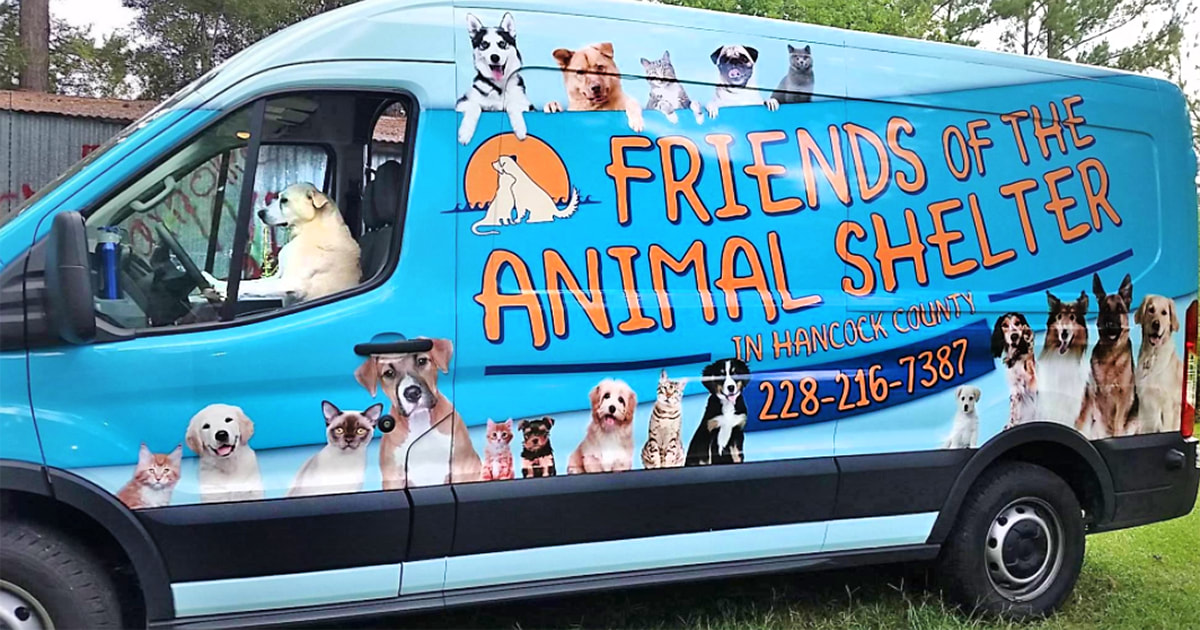


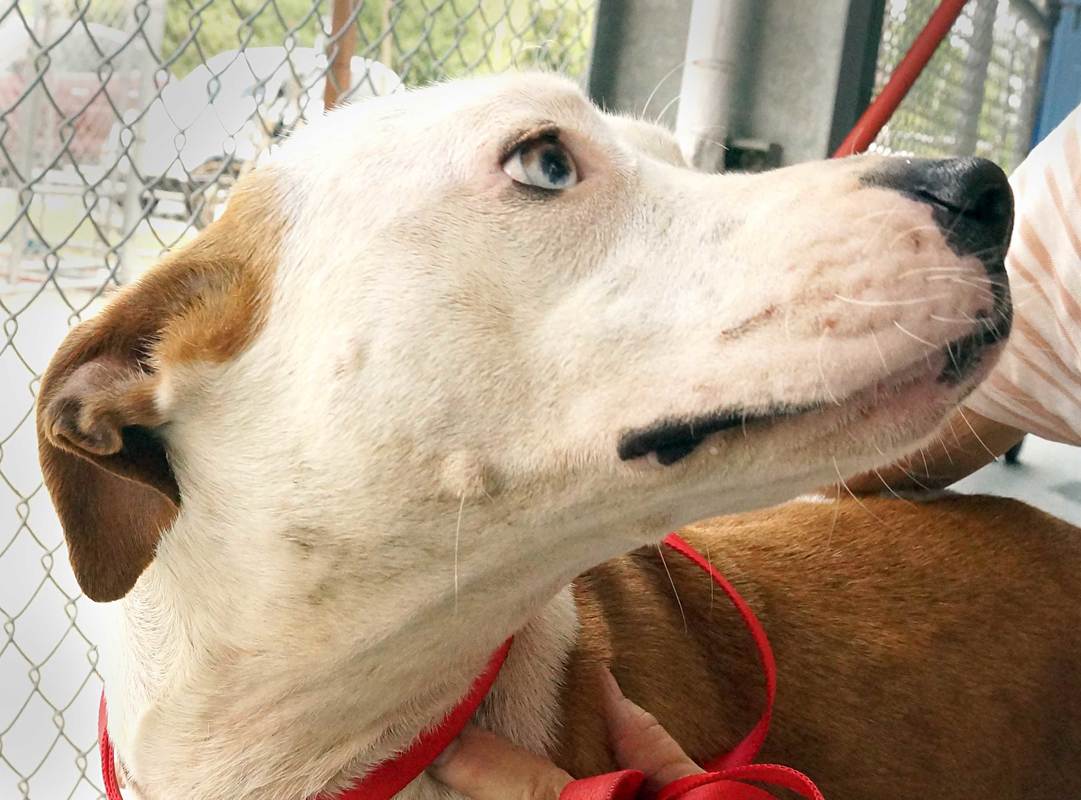
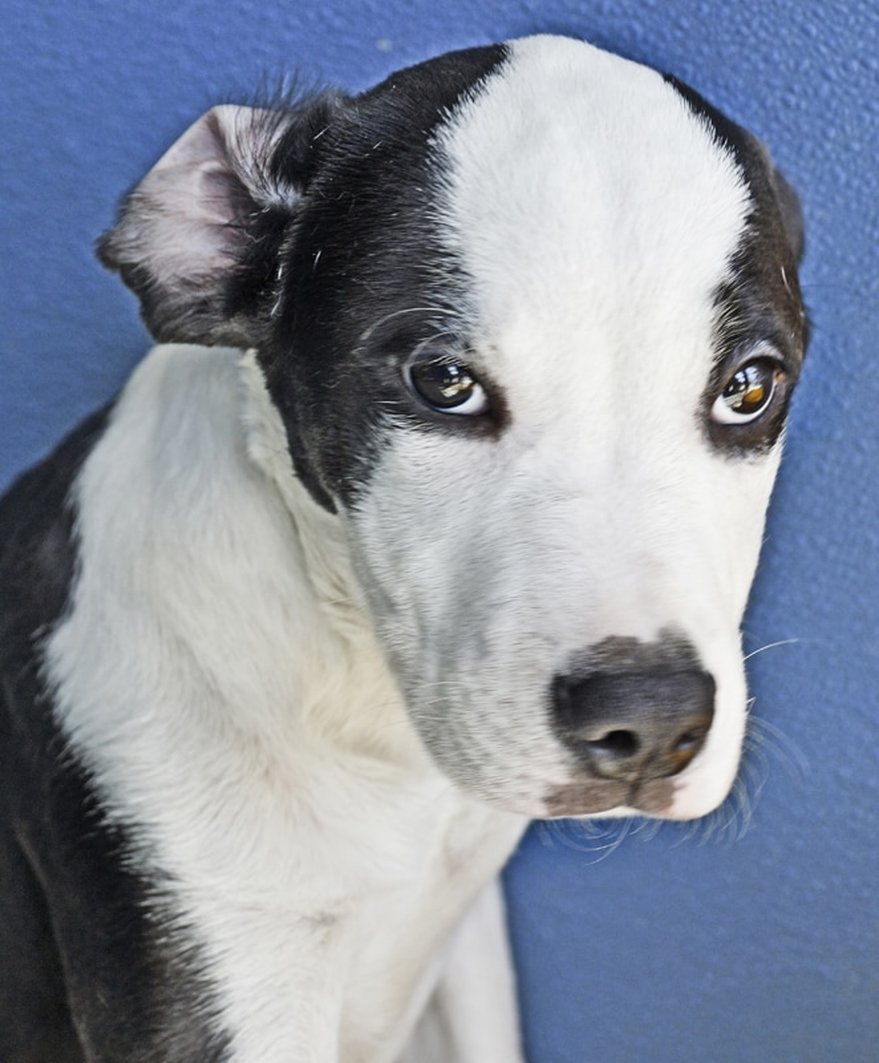
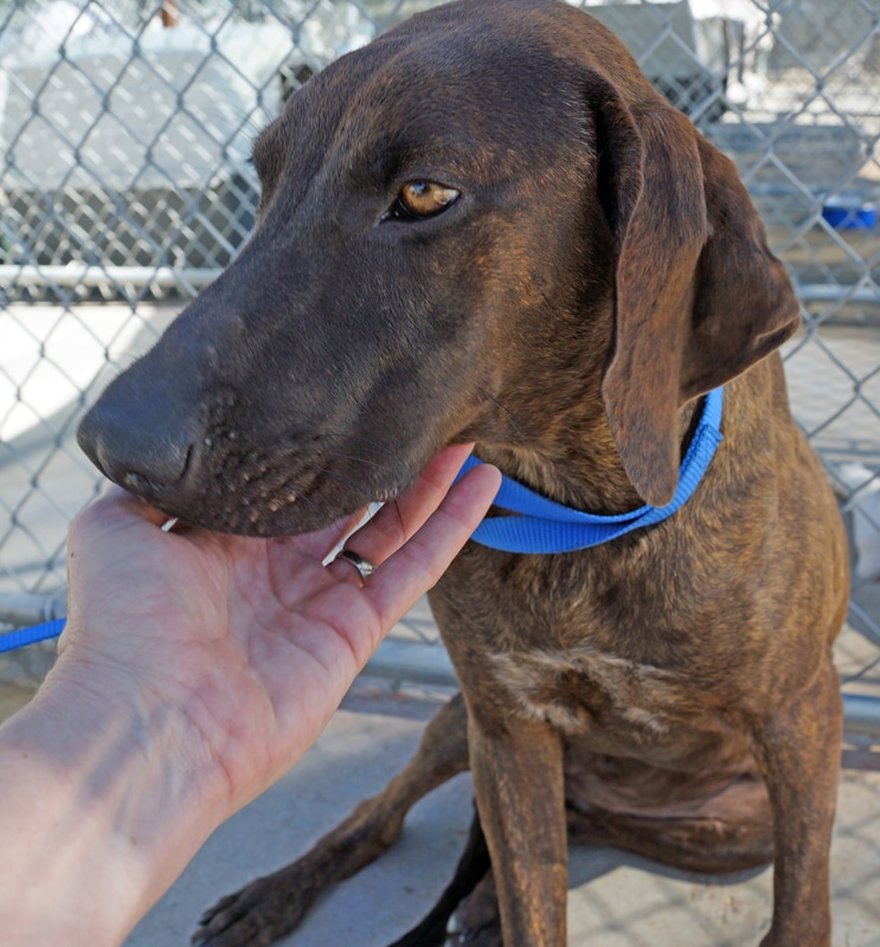
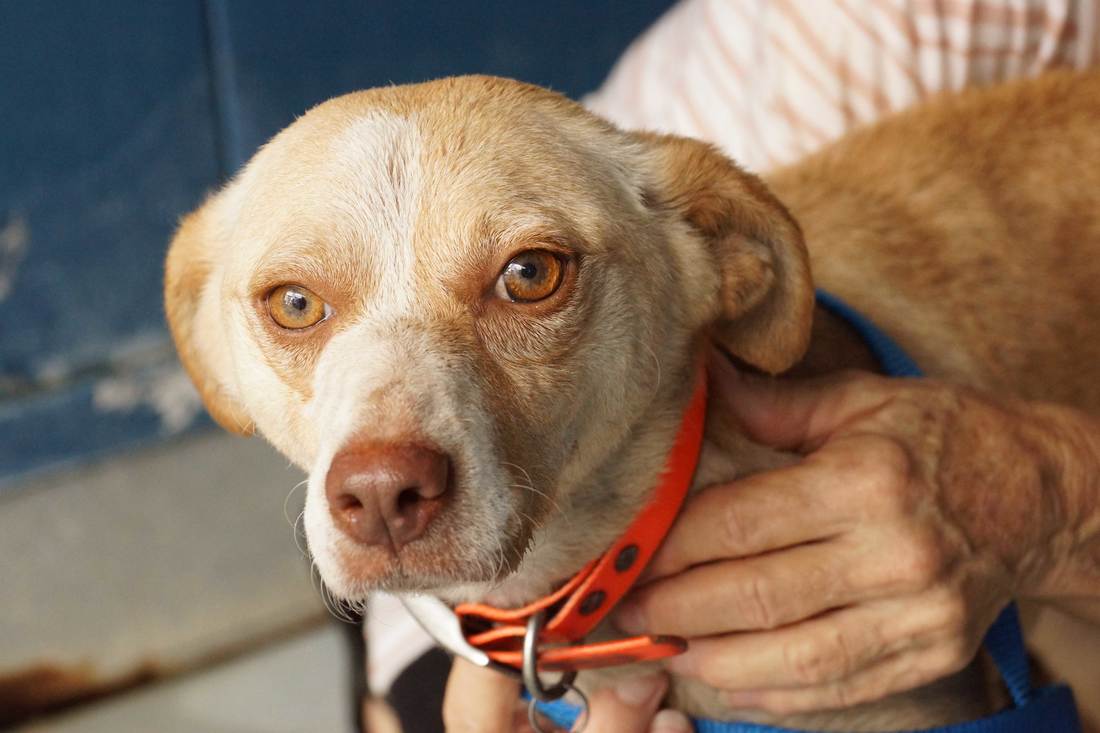
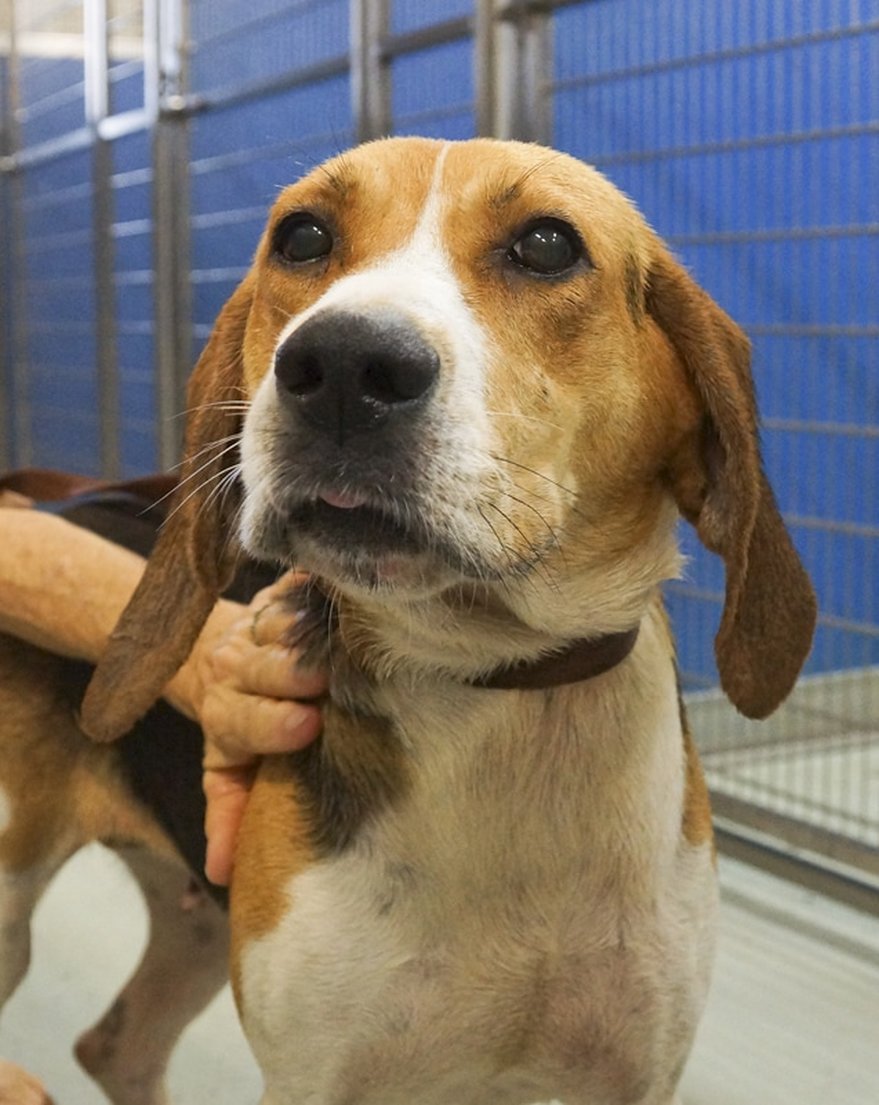
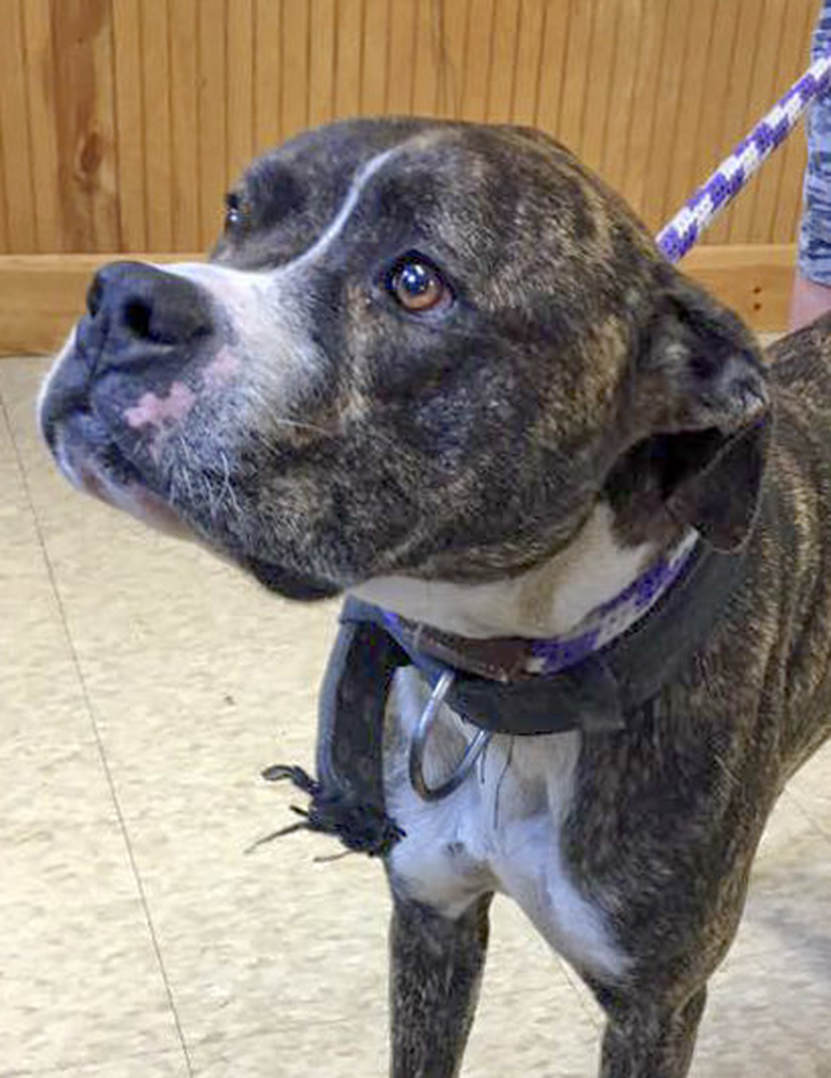
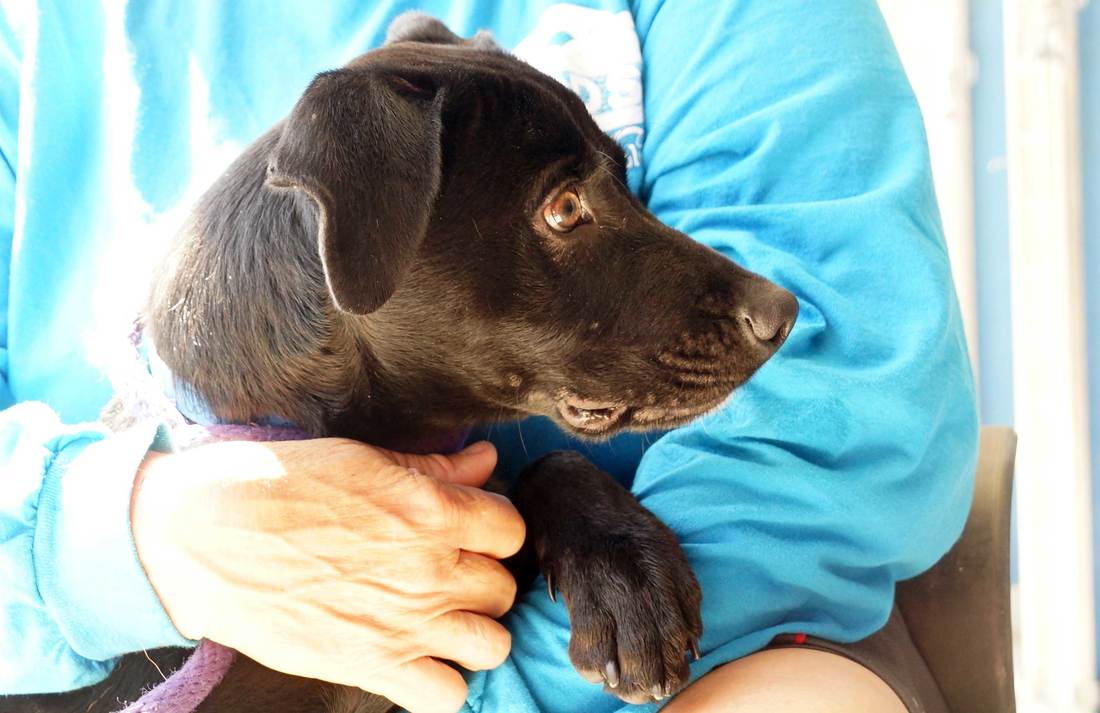
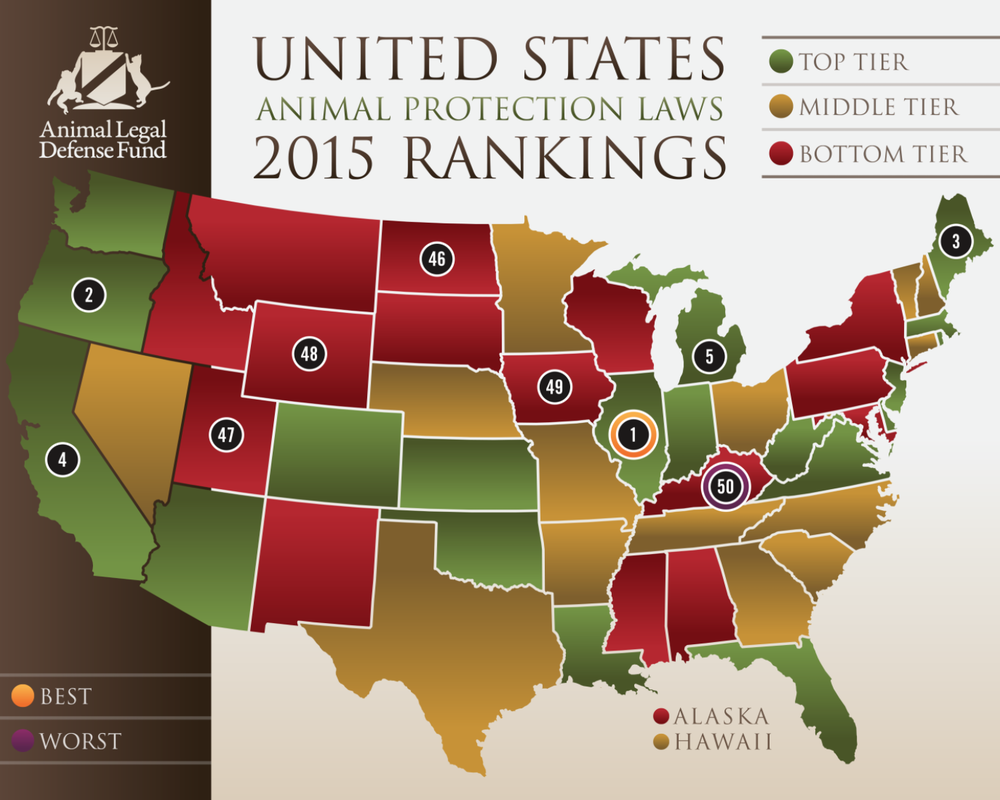
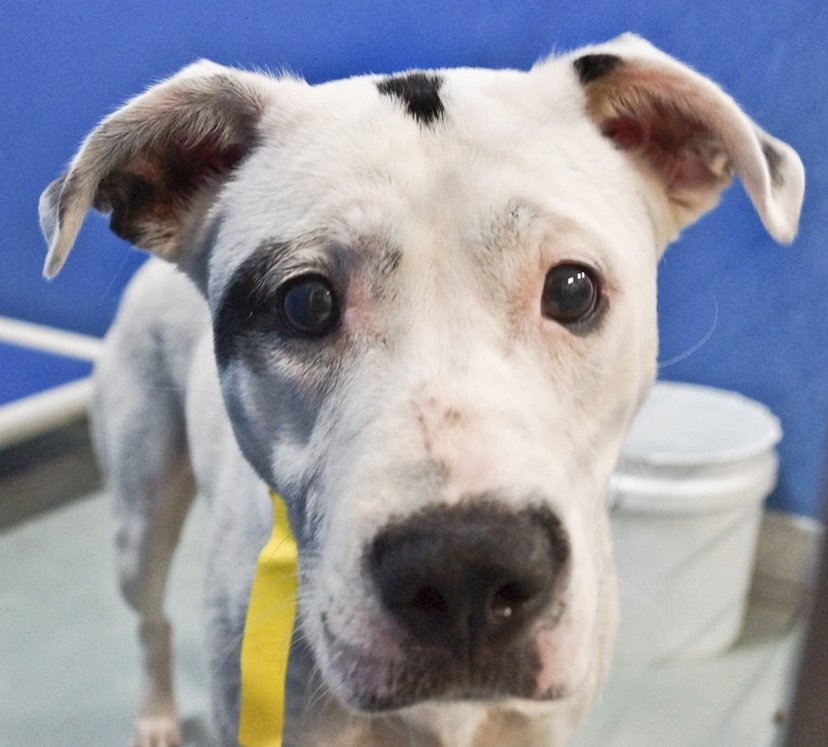
























 RSS Feed
RSS Feed























